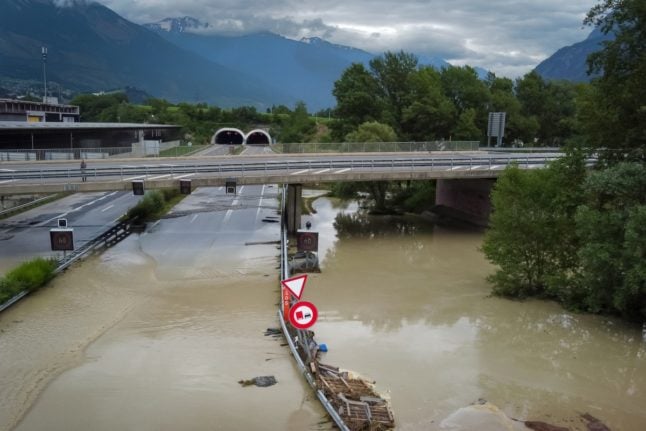“Data from the European Centre for Medium-Range Weather Forecasts (ECMWF) suggests that July and August could be exceptionally hot in the Mediterranean,” climate scientist Luca Mercalli, president of the Società meteorologica italiana (Italian meteorological society) told news agency Adnkronos on Friday.
“There’s no big news from now to June 20-25th,” Mercalli says. “Storms continue in the north and it remains hot in the south.”
From July however, he predicts the beginning of “a decidedly hot phase across the whole Mediterranean.
“We should therefore have a July and also August with temperatures above average.”
The first heatwave of the summer was expected at the end of the week, with temperatures of up to 39-40 degrees forecast for Rome, Florence, and Naples, and potentially even higher temperatures in Sicily and Sardinia.
Temperatures at the start of the week were already 10 degrees above seasonal averages on Monday, said Antonio Sanò, meteorologist and founder of Italian weather website IlMeteo.it.
Mercalli cautioned that, while short-term forecasts (up to 10 days) are generally reliable, longer-range predictions come with higher uncertainty.
However, the data available so far indicates a warmer-than-average summer across Europe.
Meteo, arriva il caldo africano su tutta Italia: le temperature previste https://t.co/NvEMVJj2q6
— meteogiornale (@meteogiornaleit) June 15, 2024
The latest updates from IlMeteo.it predict temperatures at the end of June will be about 1°C above the average in most parts of Europe. This trend is expected to continue into July and August.
Temperatures in Italy, Spain, and the Balkans will potentially be 2°C above average over summer due to the increasing influence of African anticyclones, according to forecasters from IlMeteo.
Previously, the milder Azores wave of high pressure was more dominant, IlMeteo explains, but in recent years warm air fronts from North Africa have caused more intense and prolonged heatwaves.
This was expected to lead to prolonged heatwaves with maximum temperatures exceeding 40°C in many areas.
Last summer saw record temperatures of 43°C in Rome and up to 48°C in Sicily and Sardinia. Similar conditions are expected this year, reflecting ongoing climate change.
Along with heatwaves, there is an increased risk of drought in southern regions following a dry winter and spring, IlMeteo notes.
Meanwhile, particularly in northern parts of the country, severe storms are thought increasingly likely to break the intense heatwaves due to the arrival of cooler air from Northern Europe or the Atlantic.



 Please whitelist us to continue reading.
Please whitelist us to continue reading.
Member comments